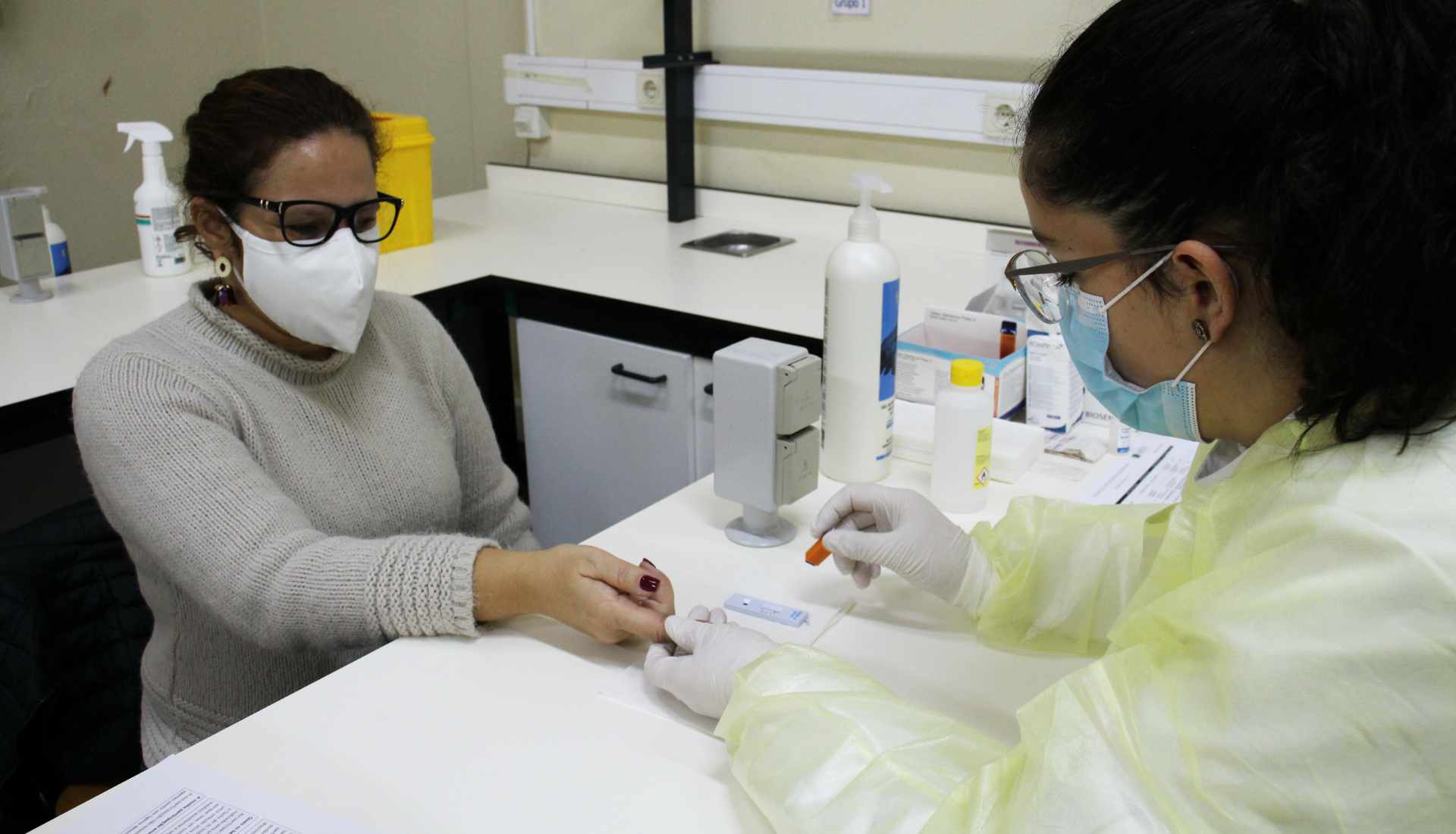An article of the Instituto de Saúde Pública da Universidade do Porto (ISPUP), published in the journal Acta Médica Portuguesa, draws attention to the difficulties of those who lose a loved one in the context of the COVID-19 pandemic and points out suggestions to the current practices in the process of identification of the body and in funeral ceremonies, marked by many restrictions, in Portugal. The aim is to facilitate the recovery of those who experience grief and prevent the aggravation of mental health problems.
As explained by Ana Aguiar, first author of the work, coordinated by Raquel Duarte and co-authored by Marta Pinto, “the strategies implemented, during the mandatory confinement period, to combat the spread of COVID-19, changed funeral rituals and the way we experience mourning”.
“If, on the one hand, it is essential to control the proliferation of the pandemic, on the other hand, the imposition of these measures has made it difficult for family members, friends, colleagues, neighbors and others to comply with conventional funeral rituals”, underline the researchers.
Between March 1st and May 10th, 23,078 deaths were recorded, of which 1135 had COVID-19 as the cause of death.
Almost 22,000 funerals took place during this period, and the constraints experienced in the ritualization of this important moment, as well as the associated sanitary procedures (namely, the involvement of the corpses in a waterproof bag or the impossibility of preparing the loved one with the chosen attire), can “have irreversibly frustrated the need to honor the deceased with a ceremony that satisfies a certain sense of dignity and tribute to the person who passed away” they say.
Additionally, “this whole environment can have a profound impact on the mental health of those who lose someone and on the very psychological process we call grief”, they stress.
The norm of the Directorate-General of Health
InPortugal, the Directorate-General of Health (DGS) issued a norm (number: 002/2020) on March 16th, right at the beginning of the pandemic, which was updated on July 3rd, 2020, on post-mortem care. “Although the regulations have evolved since the date of submission of the article, which are more specific now, the problems presented may persist”, says Ana Aguiar.
According to the DGS guidelines, if an individual dies with a suspected or confirmed infection with SARS-CoV-2/COVID-19, the family is prevented from seeing the body. The identification of the corpse is carried out remotely, usually by a funeral director, who uses digital photographs. The corpse is kept in a waterproof bag, naked, without the attire usually chosen by the family, and in a closed coffin that remains shut during the funeral.
“Although the DGS guideline was designed for deaths with suspected or confirmed infection by SARS-CoV-2, the vast majority of people who died due to other diseases or natural causes were subjected to this procedure, and family members were prevented from contact with the body of the deceased and from properly experiencing mourning. This should not happen”, points out the ISPUP researcher.
Bearing in mind the impact that these restrictions may have on the mental health of family members and those closest to the deceased, the article presents recommendations that aim to ensure that protective measures against COVID-19, in a post mortem context, are more comprehensive and humane.
Providing psychological support and body recognition
First, the authors defend the provision of psychological support to all who have lost or may lose a family member or friend in this context of great restrictions and distance. “It is essential that there are teams of psychologists available to assist, both in person and remotely, people who have lost a loved one and who need help to overcome the loss. The creation of a free grief support line couldbe considered”, they mention.
Information about psychological support services should be provided in hospitals and in the Instituto de Medicina Legal, which requires teamwork between the medical profession and psychology professionals.
Another proposal is to change the current procedures for identifying and preparing the body for funeral ceremonies. The article recommends that the body be identified by family members and not by funeral directors or through photographs, regardless if it is a COVID-19-related death or not.
Especially when the cause of death is not associated with a diagnosis of COVID-19, it is considered that the identification of the body must be in person (although restricted to a short period of time) and that personal protective equipment must be worn, in order to “allow people to say goodbye to the deceased one last time”.
Spiritual support and attendance at funerals
Considering the importance that spiritual or religious beliefs can assume in a situation of grief and anguish, the article suggests the creation of a support line for this purpose, which could be disseminated, through primary health care, hospitals and the media.
Finally, the need to ensure the presence of family members and friends at funeral ceremonies, regardless of the cause of death, is stressed, as this is a crucial moment for the recovery process.
At the beginning of the pandemic, the number of people (including family members) who could attend funerals was very limited. However, since May 4th, and according to the reopening schedule approved by the Council of Ministers (on April 30th), this number has been increased, with local authorities being responsible for defining the maximum number of people at a funeral.
However, the article highlights the importance of ensuring the presence of family and friends at funerals if it becomes necessary to adopt more restrictive measures.
“There is no known risk of infection due to being in the same space as someone who died due to COVID-19. Although the disease can be transmitted among those at the funeral, contagion can be avoided through the use of preventive measures that we all know and that are adopted in other events: physical distance, frequent hand washing, compliance with respiratory etiquette rules and the use of a face mask”, emphasizes Ana Aguiar.
A public health issue
Given that we are going to continue to live with the pandemic, the article aims to draw attention to the need to preserve the experience of mourning as much as possible in this context. Likewise, it is intended to contribute so that some procedures can be improved in the future.
“It is necessary to bet on measures that help people experience mourning. Mental health problems cannot be neglected or marginalized. It is a public health issue”, she concludes.
The article, entitled Grief and Mourning during the COVID-19 Pandemic in Portugal, can be found HERE.
Image: Pixabay/Susanne Jutzeler, suju-foto



